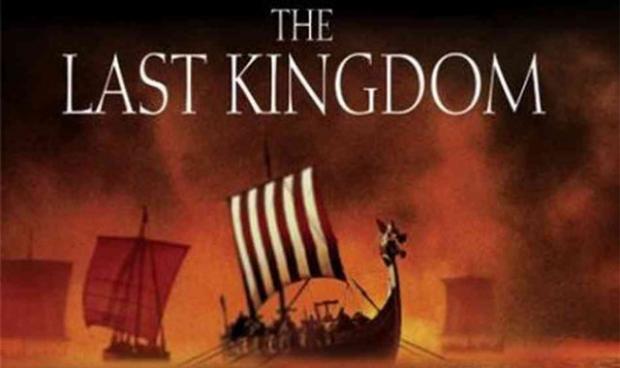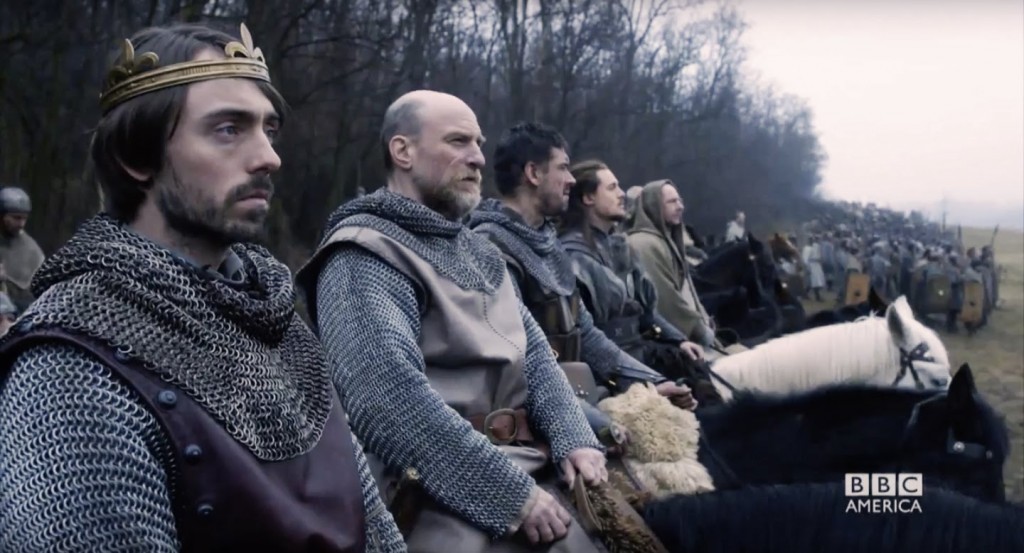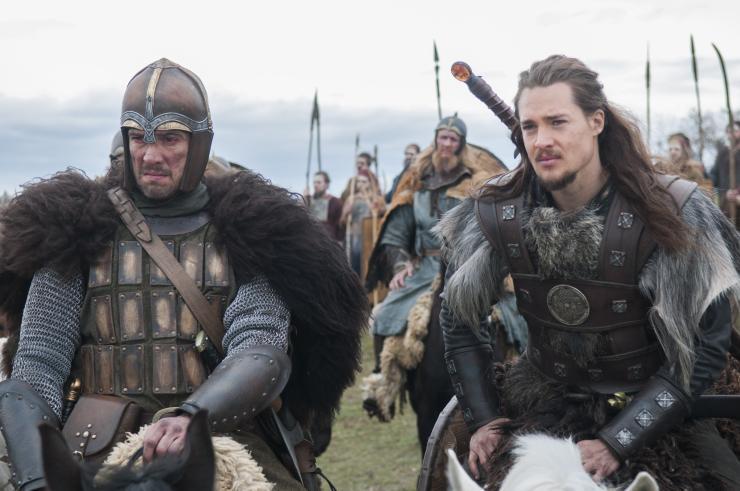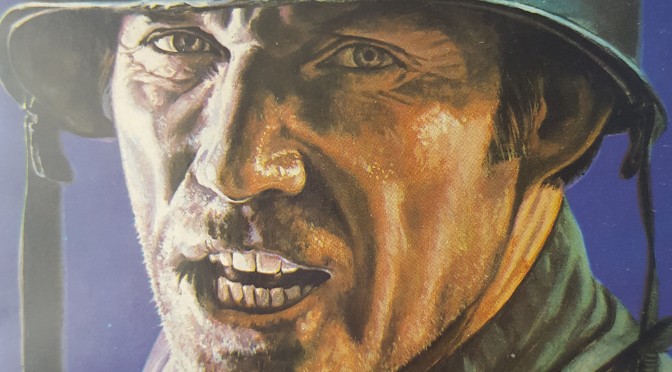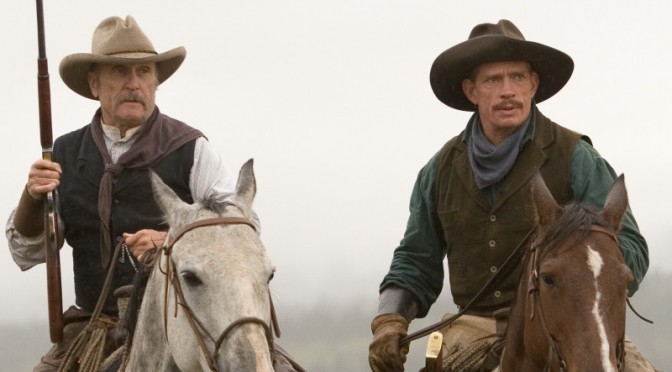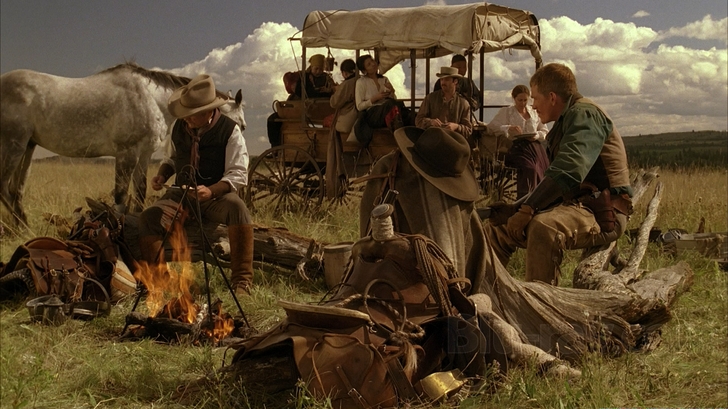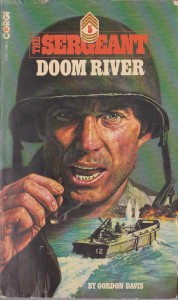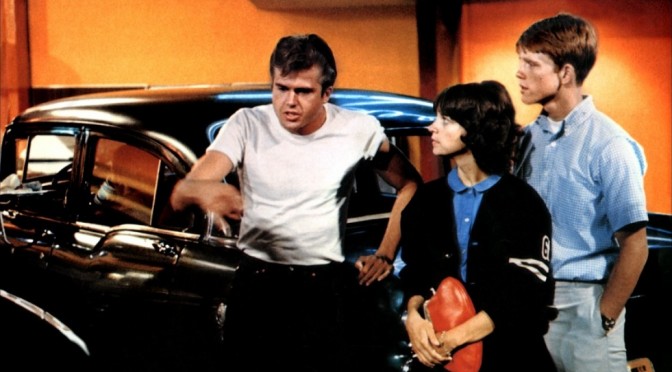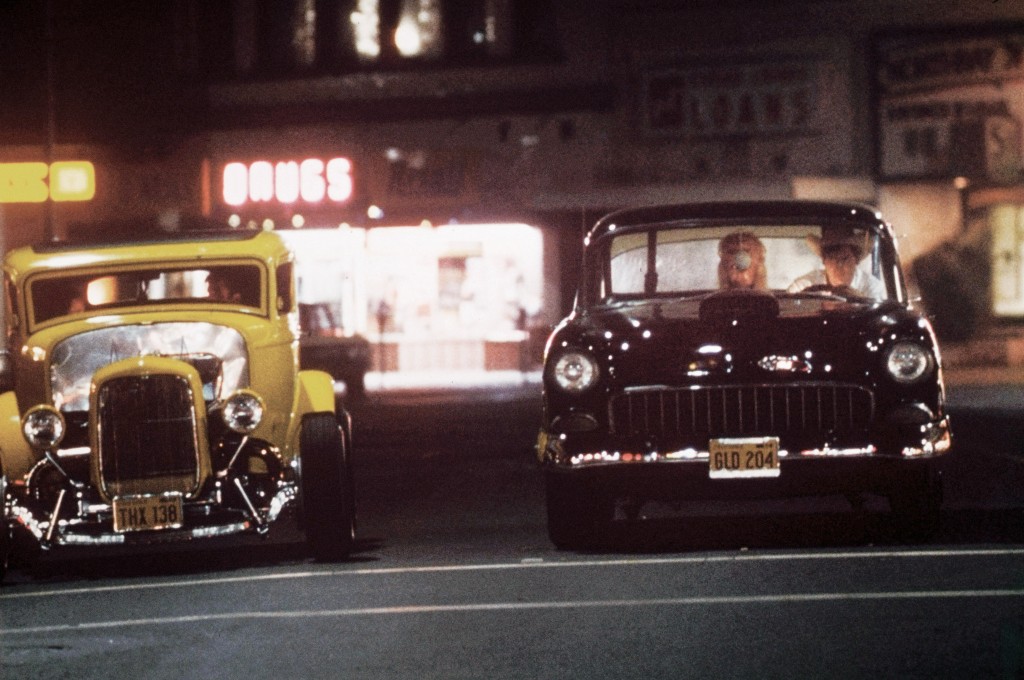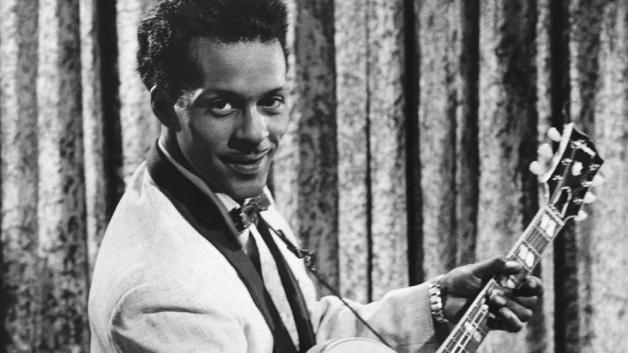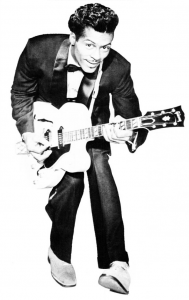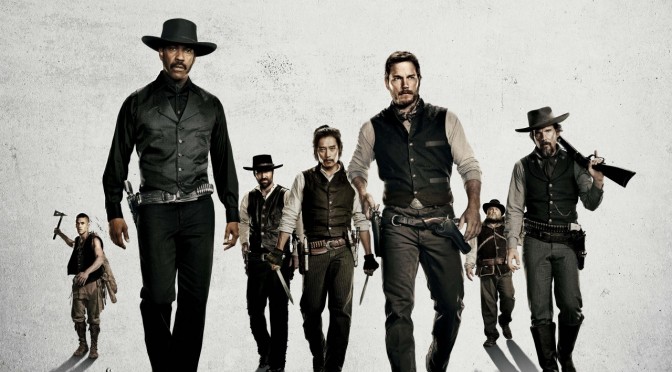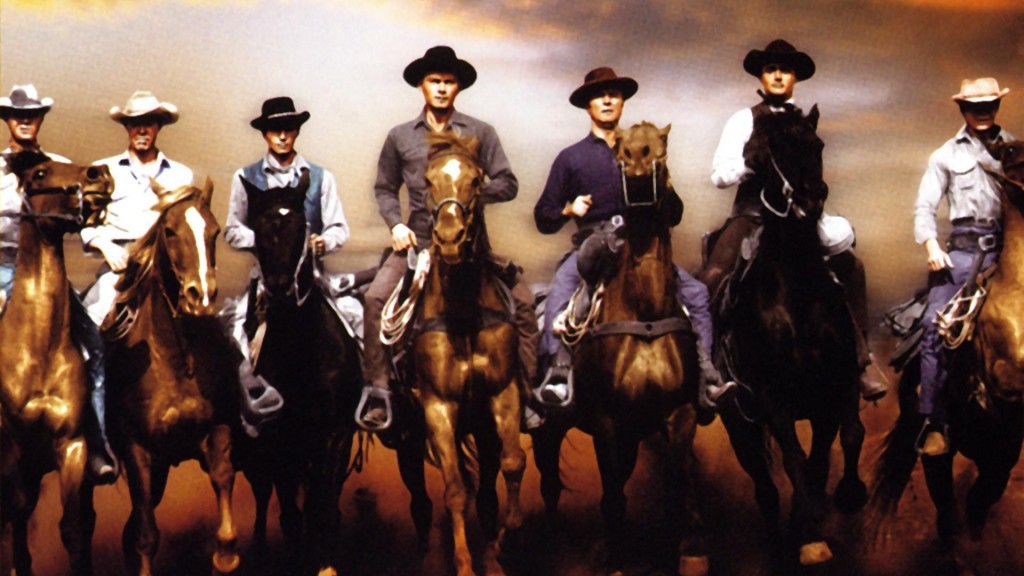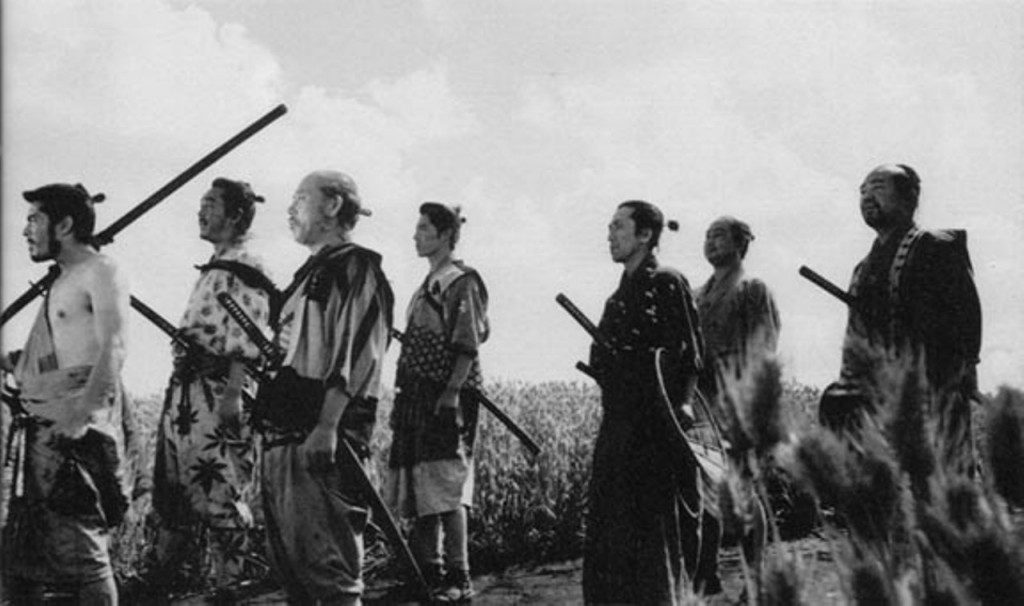At great sacrifice, this transcript of a backroom creative meeting was obtained.
In a smoke-free zone in the bowels of Homowood, Commiefornia, a diverse gathering of creative consultants discusses a potential TV show.
MS BUTCHCUT: So, this series would have a lot going for it. We could provide a glimpse into the Dark Ages (the 1950s), and expose how backwards everything was. Yet at the same time, rock & roll symbolizes this enormous, unstoppable spirit of rebellion–against the borgeois; against materialism; the patriarchy…and it was rising up to challenge societal norms. Of course, it’s an opportunity to tell the story in a different way–highlighting the strong women behind the scenes who never got credit, until now. And we know white people will watch it, because it’s got Elvis.
PUFF TRIGGLY: Did you get my ideas for the series treatment? I printed them and put them on your desk, so…
MS BUTCHCUT: I did get them, and you’re right: vanilla white men have been getting the credit for everything far too long. But I don’t think this is quite the show to highlight the societal contributions of transgender necrophiliacs. We’ve got at least one Strong Female Character in the treatment, who we’ll gradually reveal as the one who really held Sun Records together and made it work. But we’ve got to be subtle about it, because the rubes have been complaining about Strong Female Characters lately.
DUNNING: Who told them TV is not reality? Ah d-d-d-d-d-they must have hired somebody to screen our shows. Somebody who can see past the beer in their lap. (Laughs.)
KRUGER: Strictly speaking, it’s sort of not likely that they could have noticed what we were doing on their own. For sort of 50 years, they sort of never caught on before now. Most likely, this is, strictly speaking, part of the fake news epidemic that sort of mobilized the Flyover Puritans to start criticizing our effort to be inclusive.
DUNNING: Ah why d-d-d-don’t we just solve it like we usually do: have the actress playing the secretary show some skin? I mean, she should have big boobs; nice legs–that’s a given. Presto! No complaints about her being the brains of the operation.
PUFF TRIGGLY: Sexist! How dare you!
MS BUTCHCUT: Really, people. It’s the current year. That’s just offensive on so many levels. But certainly: we’ll make her sexual. We’ll show Sam Phillips cheating on his wife with her…
NECKBEARD: But, like, later we’ll have her experiment with lesbianism, right? It’ll be perfect!
MS BUTCHCUT: No. Again, we have to be careful. So ix-nay, at least for the first season.
PUFF TRIGGLY: But that’s not inclusive. That’s not inclusive at all. So…
KRUGER: Exactly. That’s why, strictly speaking, I still say we should sort of have Elvis be gay.
DUNNING: I d-d-d-d-don’t know if we can pull that off.
MS BUTCHCUT: Elvis is a sacred cow. I’m afraid we’re stuck with a white male heterosexual character who’s not a bufoon, a rapist, a murderer, wife-beater, terrorist or criminal. Two such characters, actually–we can’t reinvent Johnny Cash, either. They’re both still too popular in Flyover Country for us to stray too far from that rigid-minded mythos. But at least we can make their fathers reprehensible. Of course their mothers will be wise, moral, and intuitive.
KRUGER: Please tell me we’re not canning my work on Jerry Lee Lewis. I mean, with all their sexual hangups, the rubes couldn’t possibly put him up there on the same sort of pedestal as Presley and Cash.
NECKBEARD: And come on. His cousin was, like, Jimmy Swaggart.
KRUGER: Strictly speaking, Swaggart is sort of the ultimate Religious Right icon. We have a moral imperitive to sort of highlight his hypocrisy. You know how outraged the rubes get over “hypocrisy.” It’s just sort of hanging right there in front of us, sort of begging for us to play that angle to the hilt.
MS BUTCHCUT: Of course Swaggart is fair game. We can never skewer him enough. But we’re going to build that case gradually. At first we’ll concentrate on Lewis’s reprehensible rape culture.
NECKBEARD: Excuse me. Sorry. I’d like to get back to our Strong Female Character. I’ve been, like, developing this scene in my mind: Her and Phillips are in the studio, and she’s fixing something he screwed up. Then this crazed gunman bursts through the door to rob the place. White male heterosexual, of course. In fact, he should make it clear he targeted them because they “play that nigger music.” But the secretary, like, performs this roundhouse kick that knocks the gun out of his hand, and then, like, proceeds to beat the living shit out of him, while Phillips cowers, hiding somewhere.
DUNNING: Ah d-d-d-d-that’s a great scene, but it belongs in, more like, an action-oriented show.
KRUGER: Strictly speaking, shouldn’t we get back to solving the sort of lack of inclusivity?
PUFF TRIGGLY: Exactly. At the very least, one of the characters should at least be gay. So…
MS BUTCHCUT: While I know where you’re coming from, it’s just not that easy. We can’t make Presley or Cash gay. Lewis is too unsympathetic a character, so it can’t be him. Same with Swaggart. Colonel Tom Parker is despicable, so he’s out. You know how the bozos in Flyover Country are fanatic about a rigid view of history where a given narrative should conform to known facts and all that reptillian-brain framing.
NECKBEARD: Maybe, like, we could bring in Little Richard for a few episodes. Show how he was victimized for his lifestyle.
KRUGER: But, sort of more importantly, show him in at least one love scene.
DUNNING: I d-d-d-d-don’t think Little Richard ever recorded for Sun Records.
MS BUTCHCUT: He didn’t. And again, all that historical accuracy crap is an obsession for the target audience. We won’t be able to slip that into the first season.
KRUGER: So…what you’re sort of saying is…all we can do in the first season is inject one Strong Female Character; show how nuclear families was oppression of superior women by inferior men; show some vanilla adultery by Phillips; some vanilla fornication by Lewis; a little bit of racism here and there; and strictly speaking, that’s sort of it?
MS BUTCHCUT: Well, I’m afraid so, yes. I mean, aside from, you know, a bunch of dramatized biographical plot points for the rubes.
PUFF TRIGGLY: But…but…but…sympathetic gay characters!

